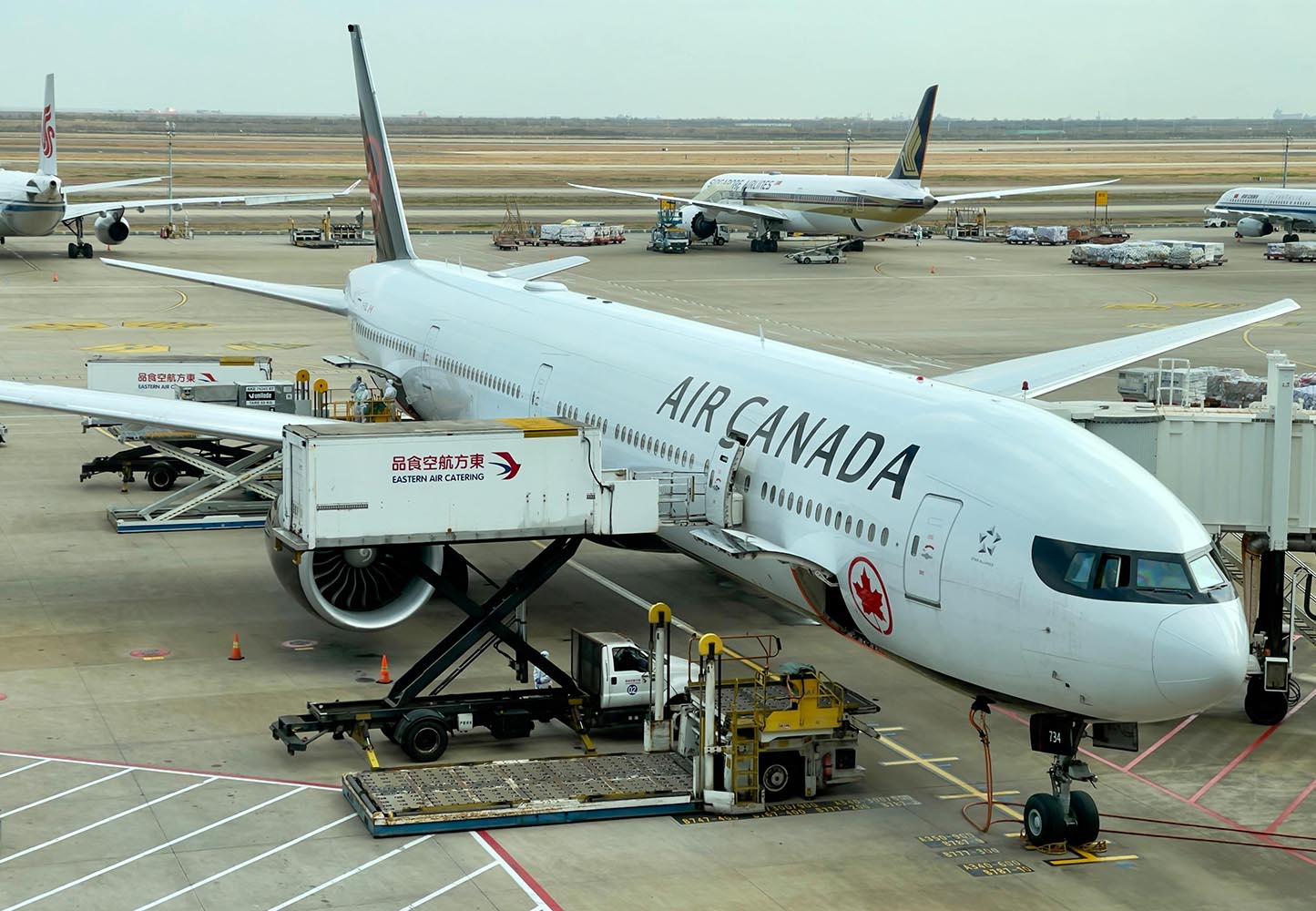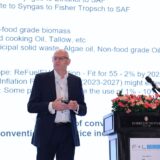
SAF production to triple in 2024, says IATA
The International Air Transport Association (IATA) has projected that sustainable aviation fuel (SAF) production will triple in 2024, reaching 1.9 billion litres (1.5 million tonnes). This increase is expected to meet 0.53% of the aviation industry’s fuel needs for the year. The rise in SAF production is crucial for the industry’s goal of achieving net zero carbon emissions by 2050, as SAF is expected to provide approximately 65% of the needed mitigation.
Renewable fuel production and SAF
The growth of SAF is part of a broader increase in renewable fuel production. There are currently around 140 announced renewable fuel projects with the potential to produce SAF by 2030. If these projects proceed as planned, the total renewable fuel production capacity could reach 51 million tonnes by 2030, with SAF needing to account for about 27% of this capacity to meet the International Civil Aviation Organization’s (ICAO) target of a 5% reduction in CO2 emissions from SAF by that year.
“SAF will provide about 65% of the mitigation needed for airlines to achieve net zero carbon emissions by 2050. So the expected tripling of SAF production in 2024 from 2023 is encouraging. We still have a long way to go, but the direction of exponential increases is starting to come into focus,” said Willie Walsh, IATA’s director general.
Currently, SAF accounts for just 3% of all renewable fuel production. “The interest in SAF is growing and there is plenty of potential. But the concrete plans that we have seen so far are far from sufficient. Governments have set clear expectations for aviation to achieve a 5% CO2 emissions reduction through SAF by 2030 and to be net zero carbon emissions by 2050. They now need to implement policies to ensure that airlines can actually purchase SAF in the required quantities,” said Walsh.
Policy measures to boost SAF production
To achieve these ambitious targets, IATA has suggested several policy measures, including:
- Diversifying feedstocks: Encouraging the use of a broader range of certified feedstocks such as agricultural and forestry residues and municipal waste.
- Co-processing: Utilising existing refineries to co-process renewable feedstocks with crude oil.
- Incentives for renewable fuel facilities: Shifting production incentives from road transport diesel to aviation SAF.
- Investment incentives: Providing long-term tax credits and other financial support to maximise SAF production.
Public and industry support
A recent IATA survey indicated strong public support for SAF, with 86% of travellers agreeing that governments should incentivise airlines to use SAF. Additionally, 86% of air passengers believe that leading oil corporations should prioritise SAF production.
For further information, you can access the full press release on the IATA website here.














